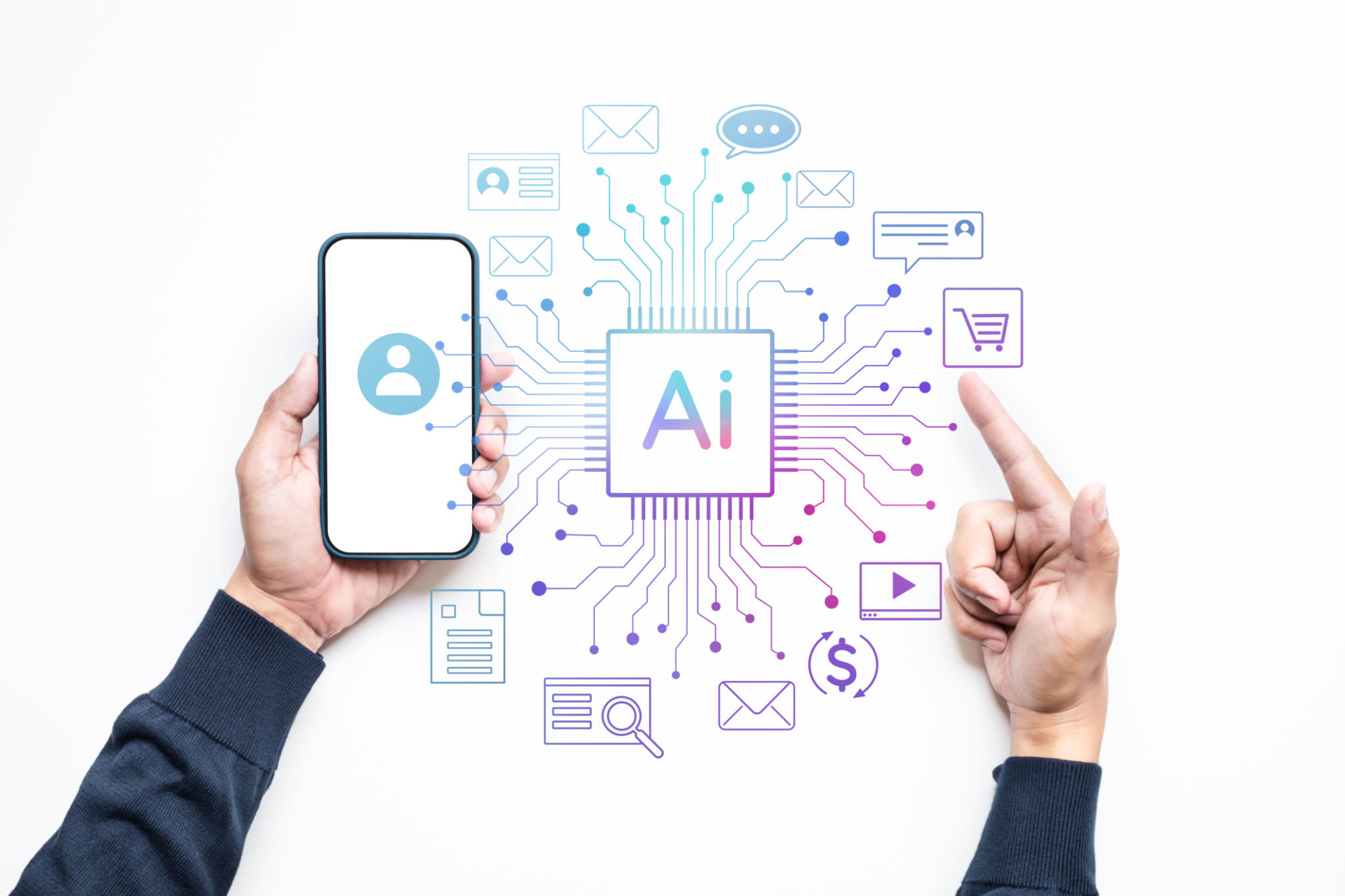FAQs About Implementing AI Solutions for Local Businesses
What is AI and Why Should Local Businesses Consider It?
Artificial Intelligence (AI) refers to computer systems that mimic human intelligence to perform tasks such as problem-solving, learning, and decision-making. For local businesses, implementing AI solutions can lead to enhanced operational efficiency, better customer experiences, and increased revenue. With AI, businesses can automate repetitive tasks, analyze vast amounts of data, and make informed decisions faster than ever before.

How Can AI Benefit My Local Business?
AI offers numerous benefits for local businesses, including:
- Improved Customer Service: AI-powered chatbots can provide instant support to customers, answering frequently asked questions and assisting with inquiries 24/7.
- Data-Driven Insights: AI can analyze customer data to identify trends and preferences, enabling businesses to tailor products and services to meet customer needs.
- Operational Efficiency: Automating tasks such as inventory management and scheduling can reduce costs and free up staff to focus on more strategic activities.
What Types of AI Solutions Are Available for Local Businesses?
There are several AI solutions that local businesses can implement, depending on their specific needs and industry:
- Chatbots: These virtual assistants handle customer service inquiries, bookings, and sales support.
- Predictive Analytics: This technology helps forecast trends and customer behaviors, allowing businesses to plan effectively.
- Recommendation Engines: Used in retail, these engines suggest products based on customer preferences and purchase history.

How Difficult Is It to Implement AI Solutions?
The complexity of implementing AI solutions can vary based on the type of solution and existing infrastructure. For many local businesses, starting with a simple AI tool such as a chatbot can be straightforward. More advanced solutions may require the help of a specialized vendor or consultant to integrate the technology effectively into existing systems.
What Considerations Should Be Made Before Implementing AI?
Before implementing AI solutions, businesses should consider the following:
- Cost: Determine the budget for AI implementation and ongoing maintenance.
- Staff Training: Ensure that team members are trained to work with new AI tools.
- Data Privacy: Comply with data protection regulations to safeguard customer information.
- ROI: Evaluate potential returns on investment to justify the integration of AI technologies.

Can Small Businesses Afford AI Solutions?
Many small businesses may worry about the affordability of AI solutions. However, the cost of AI technology has decreased significantly in recent years. There are now a variety of affordable tools and platforms available that cater specifically to small and medium-sized enterprises. Additionally, the long-term savings and efficiency gains from implementing AI often outweigh the initial investment costs.
What Are Some Common Misconceptions About AI?
There are several misconceptions about AI that can deter local businesses from adopting this technology:
- AI Will Replace Jobs: While AI can automate certain tasks, it is primarily a tool that enhances human capabilities rather than replacing them.
- AI Is Only for Tech Companies: Many industries, including retail, healthcare, and hospitality, successfully use AI solutions to improve operations and customer satisfaction.
How Can a Business Get Started with AI?
To begin integrating AI into your business operations, start by identifying the areas where automation or data analysis could provide the most benefit. Research available tools and vendors that specialize in your industry. It's also advisable to consult with an expert to create a tailored implementation strategy that aligns with your business goals. Remember that successful AI adoption is an ongoing process that requires continuous evaluation and adjustment.
